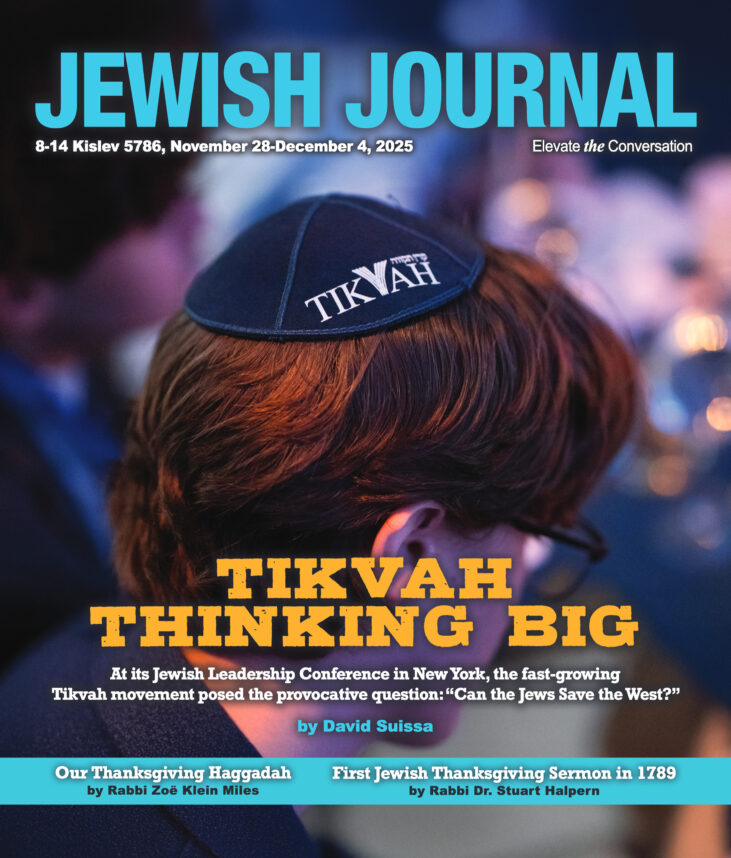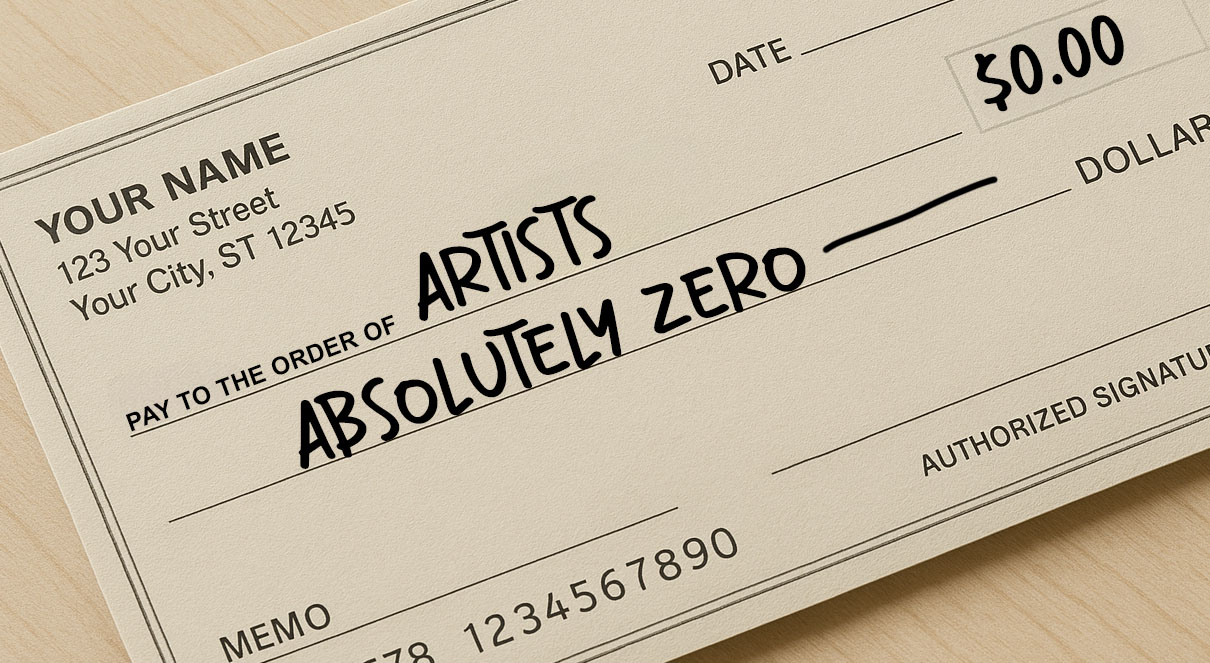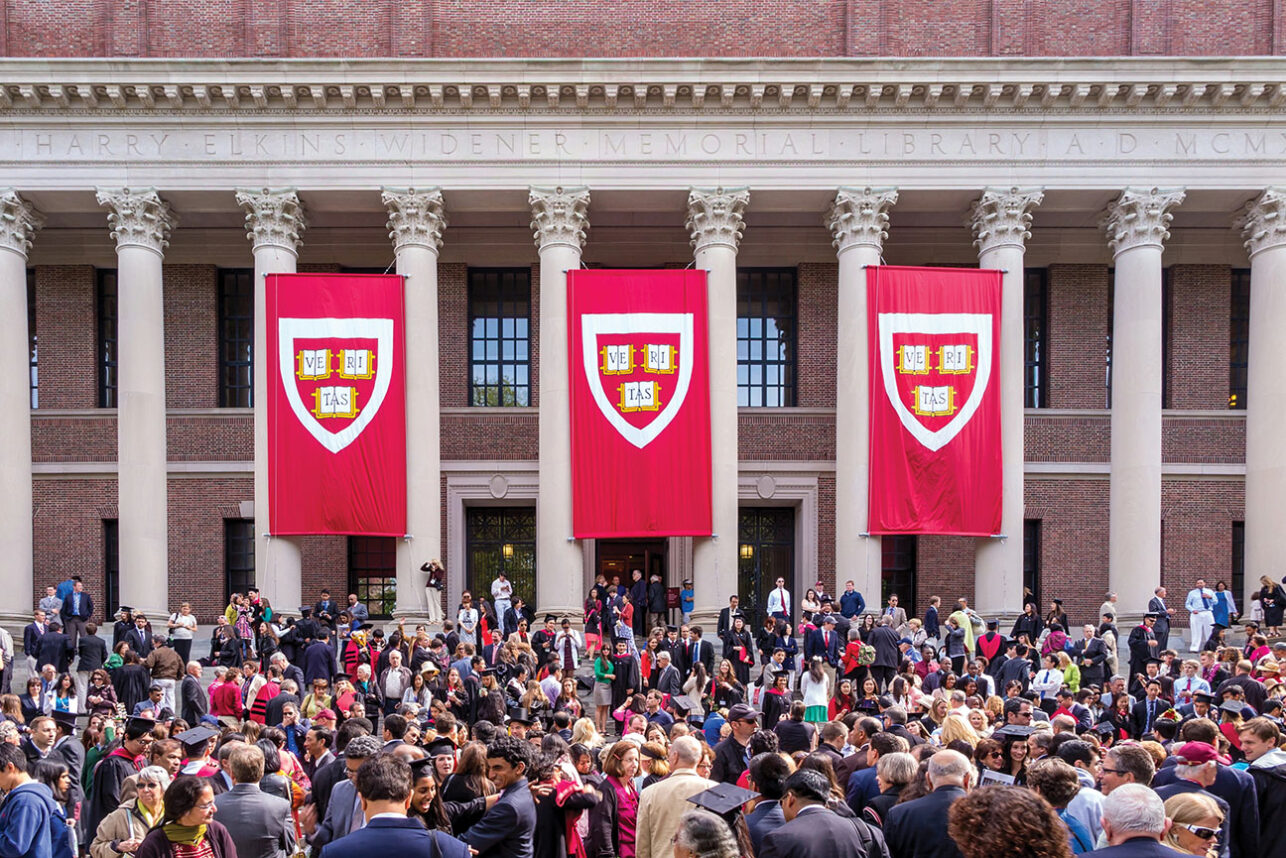We are told that Jewish organizations have to recalibrate their messages in order to appeal to young Jews. In particular, the argument goes, the opposition of most American-Jewish organizations to the Iran nuclear agreement has solidified the alienation of most younger Jews from Jewish life in America.
In Haaretz, Peter Beinart writes:
“What imprint will the fight over the Iran deal leave on organized American Jewish life? Much is still not clear. But this much is: If you thought young American Jews were alienated from their communal elders before, just wait.”
And for the Jewish Journal, Michael Berenbaum writes:
“Today, Jewish organizations, who almost uniformly opposed the deal, have a credibility problem. … Have they alienated younger Jews, more liberal Jews? Many may have to recalibrate their message if not their programs.”
Beinart agrees: “The American Jewish establishment’s response to the Iran deal is a case study in the attitudes and behaviors that have been alienating young American Jews for years.”
And why are young Jews alienated?
“A 2007 study,” Beinart writes, “… found that [young American Jews] dwelled less on memories of Jewish victimhood, like the Holocaust, than on memories of Jewish moral obligation, like civil rights and labor movements. … A 2010 study of committed younger American Jews found that ‘they see supporting the state of Israel as obligatory only insofar as the state acts in accordance with highest principles of democracy, tolerance, human rights, and Jewish ethical values as they understand them.’ And most younger American Jews don’t think this Israeli government embodies those principles.”
Berenbaum explains it similarly:
For younger American Jews, “Support for Israel came to be followed by the question: ‘What type of Israel?’ ”
So, let’s clarify all this. According to these authors and many other American Jews:
1. Most American young Jews are on the left. The Holocaust is less meaningful to them than supporting labor and civil rights organizations.
2. Most American-Jewish organizations are not left enough to attract young American Jews.
3. American-Jewish organizations (further) alienated most young American Jews by opposing the Iran deal, which was supported by virtually all Americans on the left, and opposed by conservative Americans.
4. Young American Jews will only support Israel if Israel meets their high moral criteria.
Response to No. 1: This is entirely accurate. Most young American Jews are indeed on the left. How could they not be? Virtually every idea they have been exposed to at school, on television and at the movies has been on the left. With some exceptions, the only young Jews able to withstand this indoctrination have been Orthodox.
Why have young Orthodox Jews withstood the appeal of leftism? Because they are more committed to another religion, Judaism. They get their values from the Torah more than from secular professors and liberal media.
Response to No. 2: The problem with this argument — that American-Jewish organizations are not left enough — is that it means there is almost nothing mainstream Jewish organizations can do to attract these young, secular, left-wing Jews. The majority of them couldn’t care less about anything Jewish. They already have a religion — environmentalism, feminism, egalitarianism or some other form of leftism — so Judaism holds little appeal to them. And they regard Jewish national identity — even devoid of religion — as an embarrassment. They see Black nationalism as beautiful and Palestinian nationalism as worth fighting for. But not Jewish nationalism.
Outside of Orthodoxy, the Jewish organizations most appealing to young Jews are left-wing organizations that have some Jewish identity and which criticize Israel, such as J Street. The non-Orthodox organization that makes the most significant headway with large numbers of young non-Orthodox Jews is Birthright — the program that sends young Jews to Israel for free.
Response to No. 3: The argument that opposing the Iran deal further alienates young American Jews implies that many more young Jews would identify with Jewish life were it not for the fact that nine of the 10 largest Jewish Federations in America — Los Angeles; Dallas; Houston; Philadelphia; Washington, D.C.; Miami; Atlanta and Boston — opposed the deal. (The New York Jewish Federation took no position.)
Do any Jews, whatever their position on the deal, believe this? It is hard to imagine that one in 100 nonaffiliated young Jews even knows what position the Jewish Federation of his or her city took on the Iran deal.
Response to No. 4: If it is true that young Jews will only support Israel if it meets what they consider to be their elevated moral criteria, we have raised a generation of Jews whose naiveté is only matched by their arrogance. Compared to its neighbors (as well as much of the rest of the non-Western world), Israel dwells in a different moral universe. Once again, leftism has had its intended effect.
Moreover, if Israel had elected a left-wing government, it, too, would have vigorously opposed the Iran deal. See the comments made by Isaac Herzog, Israel’s left-wing opposition leader, in The Atlantic (cited in my last column).
Young American Jews don’t support Israel because they have no emotional, let alone religious, ties to Israel. Period.
As Beinart points out:
“In 2010, when the Jewish Theological Seminary’s Jack Wertheimer compared attitudes among older, establishment American Jewish leaders to the views of those younger leaders who had created new Jewish organizations, he found that the latter were 36 points less likely to see combating threats to Israeli security as central to their Jewish identity.”
If we want young American Jews to identify as Jews and to care about Israel’s survival, we should send them on Birthright, change their politics and/or convince them the Torah has more wisdom than The New York Times and UCLA. Any one of the three usually works.
Dennis Prager’s nationally syndicated radio talk show is heard in Los Angeles from 9 a.m. to noon on KRLA (AM 870). His latest project is the Internet-based Prager University (prageru.com).

































